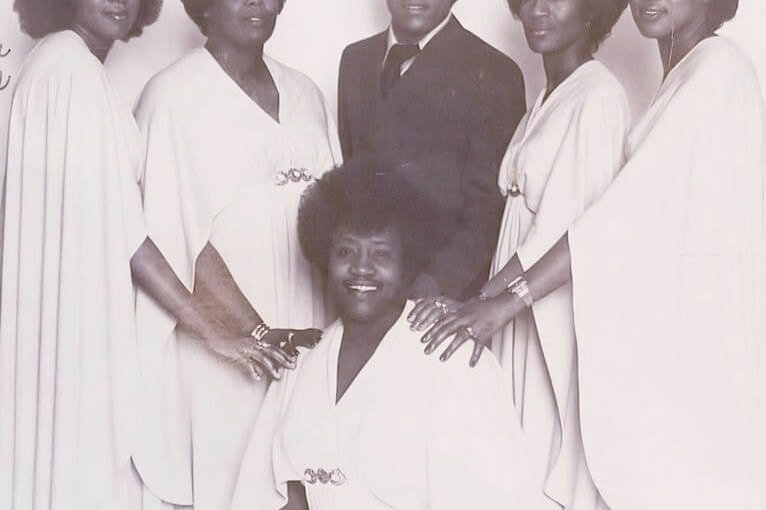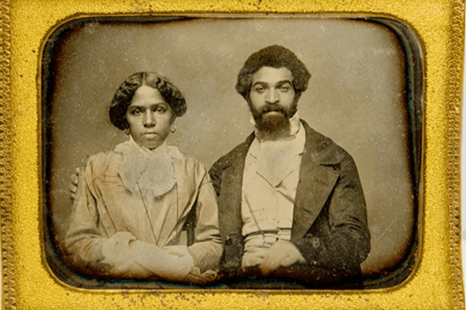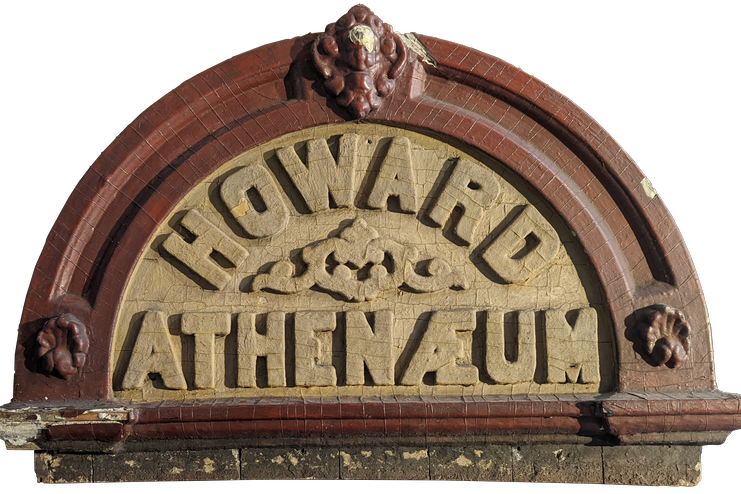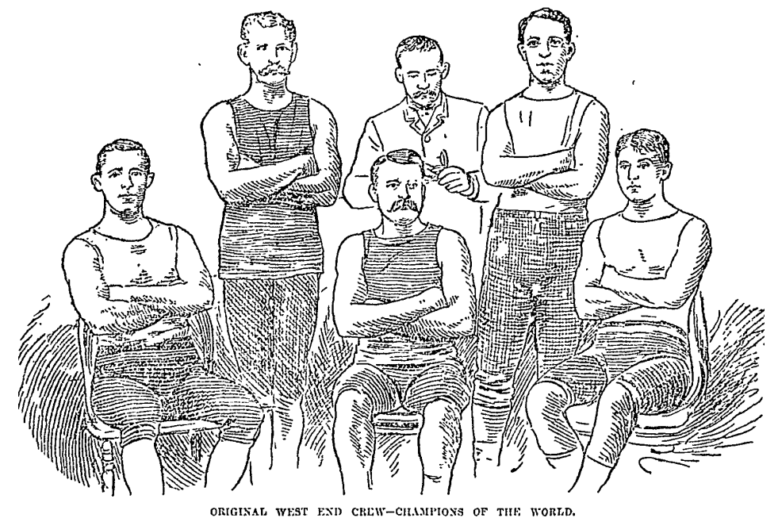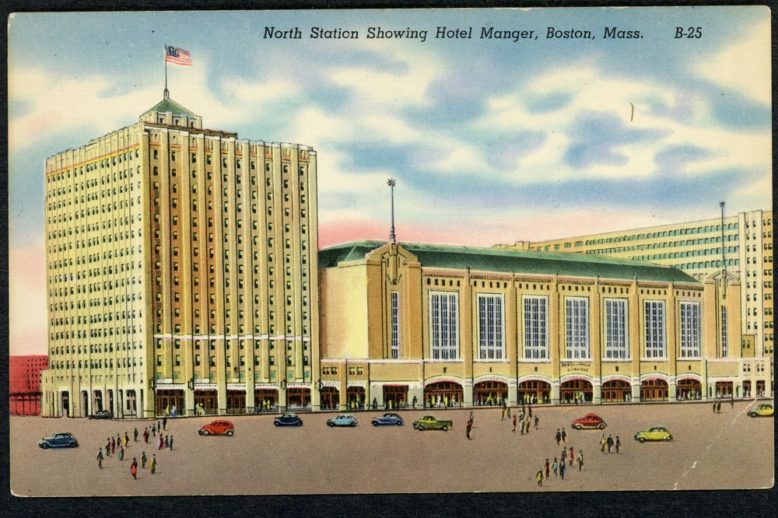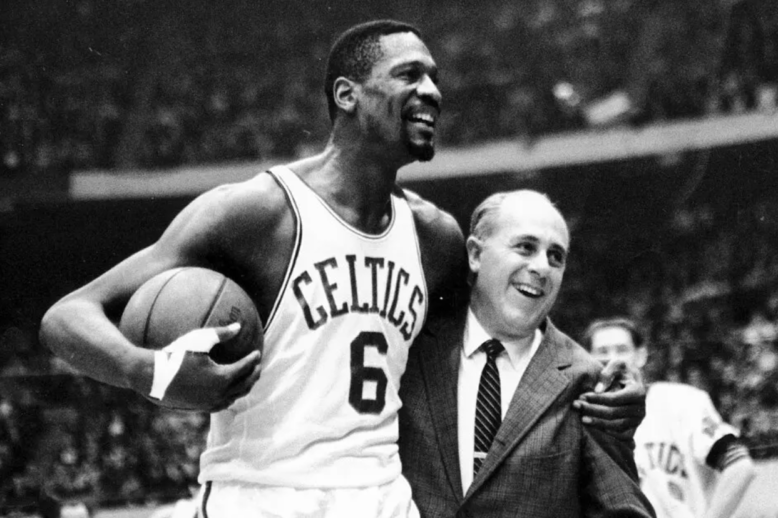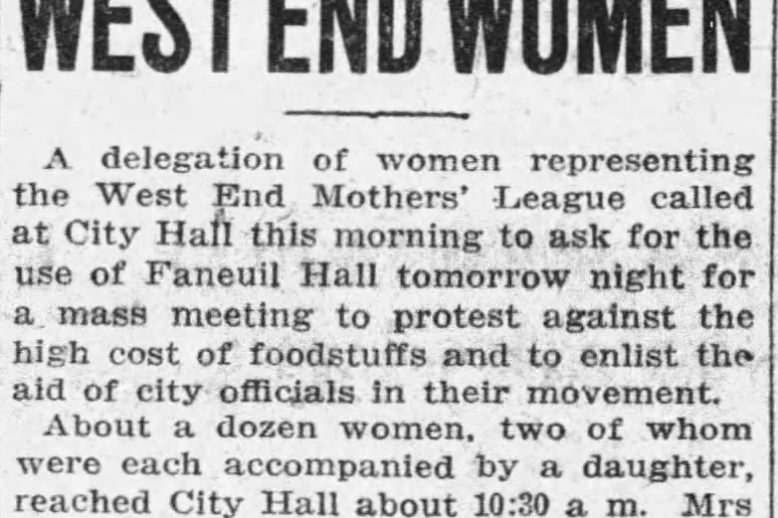The Reddick Story: The Life of Ruthena Felton King Reddick and Ray Reddick
Raymond Reddick, a lifelong Boston resident who is now 74 years old, has spent decades collecting, documenting, and speaking to different audiences about his extensive African-American family history with deep ties to the historic West End. After his grandmother, Ruthena Felton King Reddick, passed away in 1985, Ray began his ongoing genealogical research, which started with stories from family members and countless boxes of family artifacts in his possession. Ray Reddick approached The West End Museum to collaborate on a project that highlights his nineteenth-century ancestors — West Enders and Black Bostonians — captivating lives. Northeastern University’s Reckonings project has collaborated with Reddick and The West End Museum to produce, after a series of oral history interviews, a two-part, co-created report that spotlights Ray Reddick’s family history.


